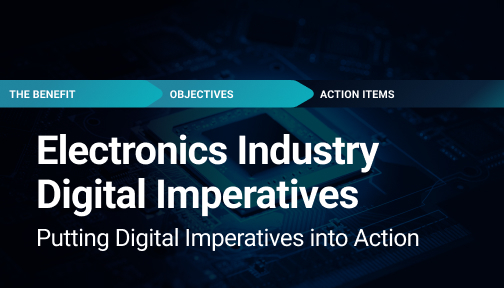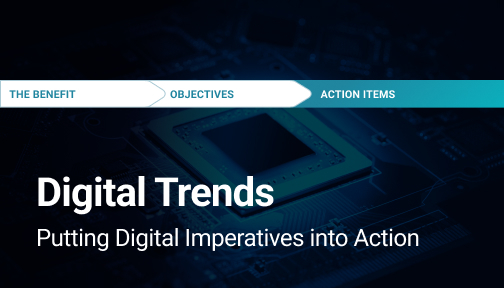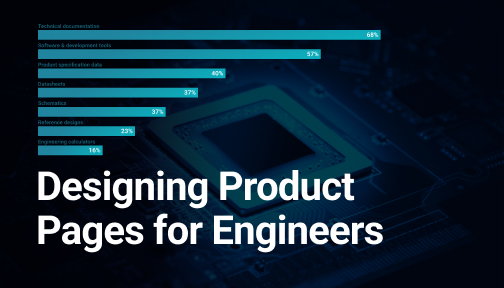
Engineers in Control: 2021 Survey Results
Dec 9, 2021
Control and automation engineers are crucial to hundreds of industries and applications from oil and gas to electronics manufacturing. This survey focuses on self-identified control industry professionals and explores which industries they work in, their tasks, and what tools they need. You’ll learn about their purchasing habits, how they consume information related to their work, and the challenges they face every day.
For the fifth consecutive year, we have paired with Wilson Research Group to release a research study that analyzes how engineers interact with the global electronics market. However, 2021 brings a new and exciting feature to data presentation. We created a brand new website with interactive infographics, dazzling colors, and easy-to-read contextual information. It’s not your typical research presentation. It’s actually pretty.
Along with stylized charts and creative colors, we decided to parse the data into six categories:
- Electrical Engineers
- China-Based Electrical Engineers
- Control & Automation Engineers
- Makers & Hobbyists
- Educators
- Students
Since 2020, a sixth category — China-Based Electrical Engineers — has been added to the growing list of market research. With this addition, EETech Media accumulated over 10,000 respondents, which is nearly 2x more than last year’s.
The third published subcategory of the study, as you may have guessed from the title, highlights Control Engineers and focuses on product engagement, a comparison of next generation control engineers and their more experienced counterparts, methods used to purchase parts which give insight into supply chain trends, and top component manufacturers year-over-year.
Control Engineers by the Numbers
When you think of “next gen”, you might be thinking of space lasers and moon manufacturing, but we’re actually talking about people. When we refer to next gen, we are talking about a young engineer with less than five years of experience and/or are pursuing a control engineering or automation degree. Then we have the Career Pros; otherwise known as an engineer with six or more years of experience. The “OG’s” so to speak.
Measuring both demographics gives a good indication of where the market is and where it is going. The research study provides comparisons on informational needs, purchasing power, and brand preferences, just to name a few.
For example, we found Career Pro respondents are, on average, around 50 years old, which puts them close to retirement age. This situation is sometimes called the “silver tsunami” wherein a large number of experienced engineers may be exiting the job market and taking their 20 or more years of experience with them.
We see that 26% of Next Gens report being a primary decision maker in purchase decisions in their job, a higher number than perhaps could be expected, given their average of 3 years of experience. This tells us that Next Gen engineers are more important to the decision making process than they’re sometimes credited with.
Key Takeaways
Research studies like this give in-depth insight to market and supply chain trends. Some of the most interesting takeaways from the research study are:
- Career Pro engineers are significantly more likely to be responsible for control system design than Next Gens.
- Next Gens notably reported more adoption of digital twinning, the use of simulated models of machines, systems, or even entire facilities to enable better predictive maintenance and equipment upgrades.
- When asked which top distributors respondents used to acquire products, supplies, and equipment, we see that local vendors jumped from a response that was barely represented in 2020 to the number one result in 2021.
And that’s all just the tip of the soldering iron.
For complete access to the Control Engineering study and all subsequent publications, register at EETech Media’s 2021 Engineering Research Study website today.



